Inside Trisha Goddard's terminal cancer diagnosis and how she's 'juggling' medication to host GMB
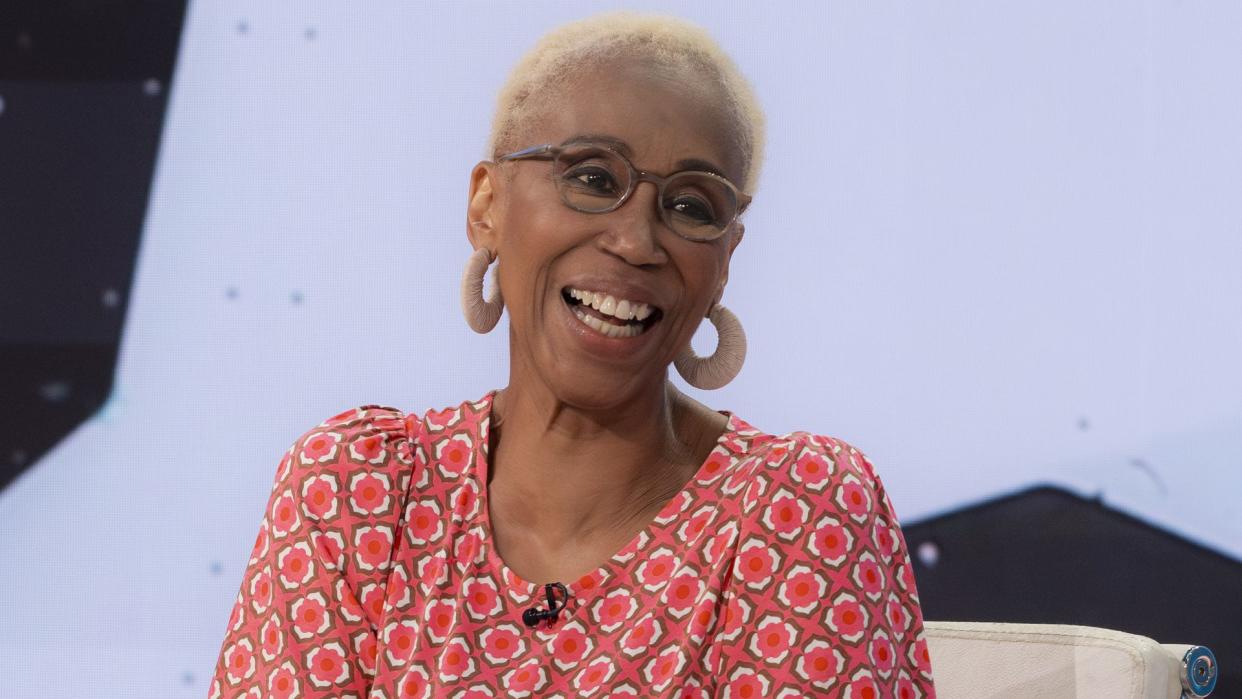
Trisha Goddard has gone down a storm with Good Morning Britain viewers since making her debut as a presenter this week. The broadcaster, who's best known for fronting her eponymous talk show Trisha, opened up about her terminal breast cancer diagnosis just days before hosting her first show alongside Richard Madeley, having first revealed her illness to HELLO! back in February.
But what exactly is Trisha's diagnosis and how is she handling her symptoms while hosting Good Morning Britain? Find out below…
Trisha's cancer diagnosis explained
Back in 2008, Trisha was diagnosed with breast cancer after a visit to the hospital for a running injury.
Recalling the emotional moment she was informed of her diagnosis, Trisha told Piers Morgan on his TalkTV show in 2021: "I found out with a laugh and a cry at the same time."
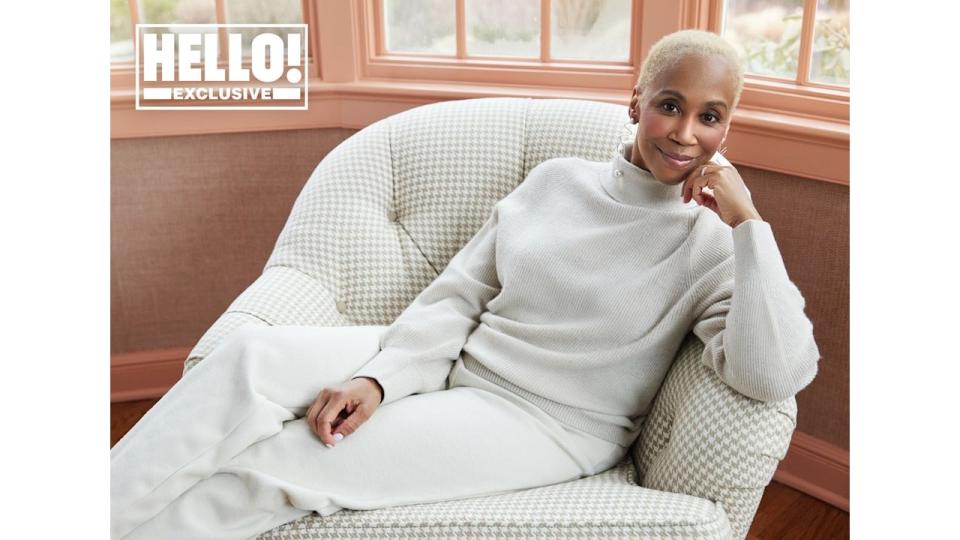
Trisha underwent two operations and months of chemotherapy, which unfortunately led to more complications. "Apparently I really reacted badly. I had an ulcerated nose.... mouth," she explained.
"I already had early onset glaucoma - a condition where the optic nerve becomes damaged - before my chemo, but the chemotherapy precipitated an eye infection that was very severe and further damaged my eyes. My eyes took a beating."
You may also like
Trisha Goddard reveals her cancer is back: 'I won't hide it anymore'
Trisha Goddard 'mortified' by on-air nosebleed amid cancer treatment
Inside Trisha Goddard's troubled family history
Good Morning Britain presenters who quit and why
While the presenter eventually recovered, her cancer returned over a decade later but this time, to her bones.
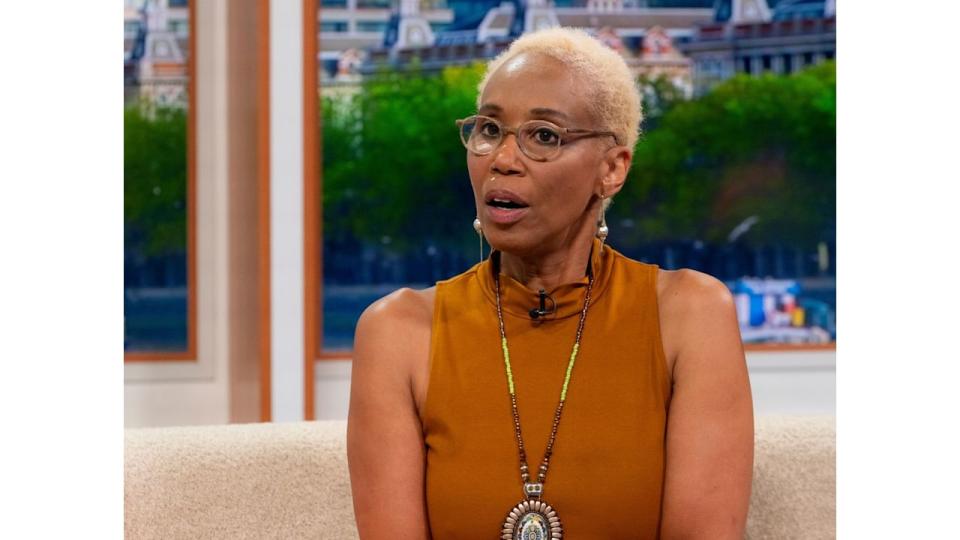
In July 2022, Trisha was diagnosed with secondary breast cancer - also known as metastatic or stage 4 breast cancer - for which treatment is available but no cure.
Her cancer was discovered by accident after Trisha suffered a serious fall at home. Whilst in hospital, a doctor disclosed that cancer cells had been found in her right hip.
"That was the first I heard that the cancer had come back. And the first thing I asked was: 'Am I going to die?'" the 66-year-old recalled during an interview with HELLO! In February.
"It's not going to go away," she said. "And with that knowledge comes grief, and fear. But I must keep enjoying what I have always enjoyed."
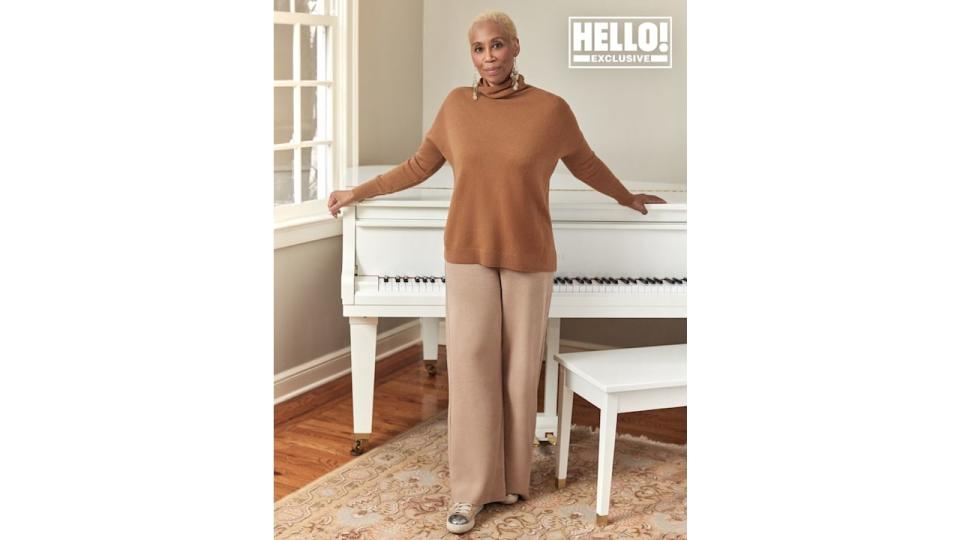
On her decision to speak publicly about her diagnosis, the mum-of-two explained that keeping it a secret became a burden.
"I can't lie; I can't keep making up stories," she said. "It gets to a stage, after a year and a half, when keeping a secret becomes more of a burden than anything else."
"I'm nervous," she adds. "But it needed to be done."
Trisha's cancer treatment
Following her diagnosis, Trisha underwent daily radiation for three weeks and weekly chemotherapy for four and a half months before opting for "life pro-longing care".
In February, the star said she was having hormone therapy infusions every three weeks, along with regular scans and blood tests.
How Trisha is 'juggling' her medications on GMB
Trisha is determined to keep working as normal amid her cancer diagnosis and opened up about "juggling" her medication to help her present Good Morning Britain.
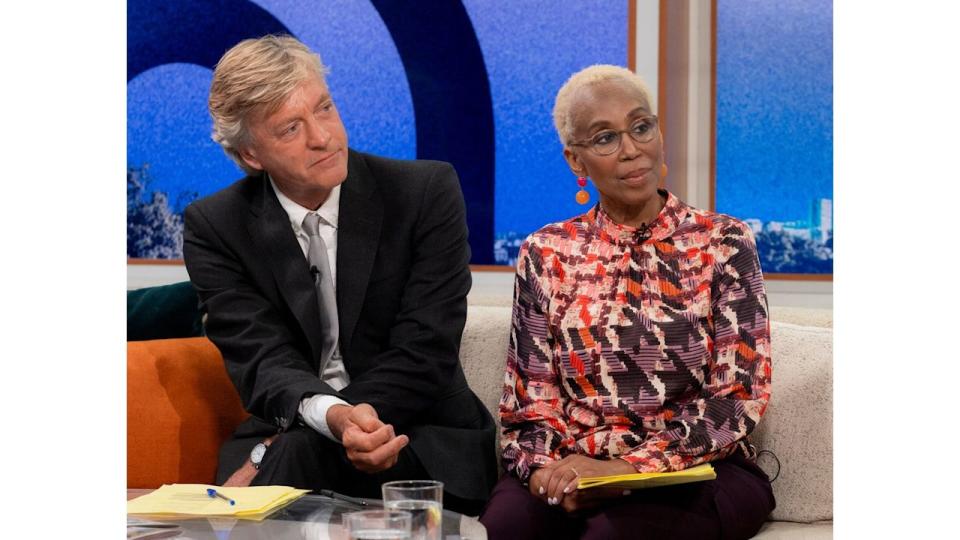
Taking to Instagram after hosting her first show on Tuesday, the star thanked her US-based nurse practitioner for working out how to minimise her side effects while she's on air.
"Not gonna lie….. started off a little bit nervous, but @richardmadeleyofficial and the @gmb team are just so sweet and supportive, so managed to get into my stride," Trisha began. "Thanks also to Joleigh, my Hospital nurse-practitioner back in Connecticut for helping me work out how to juggle my meds to minimize side effects so I didn’t get too whacked out or floored on air!"
She continued: "Shout out to all those living with serious chronic illnesses who have to learn the best ways to maximize those good energy times and plan their medications on work days through trial and error," before sharing her appreciation for GPs, health services and loved ones who "help us keep working - because a sense of purpose and accomplishment is so vital to good mental health".


